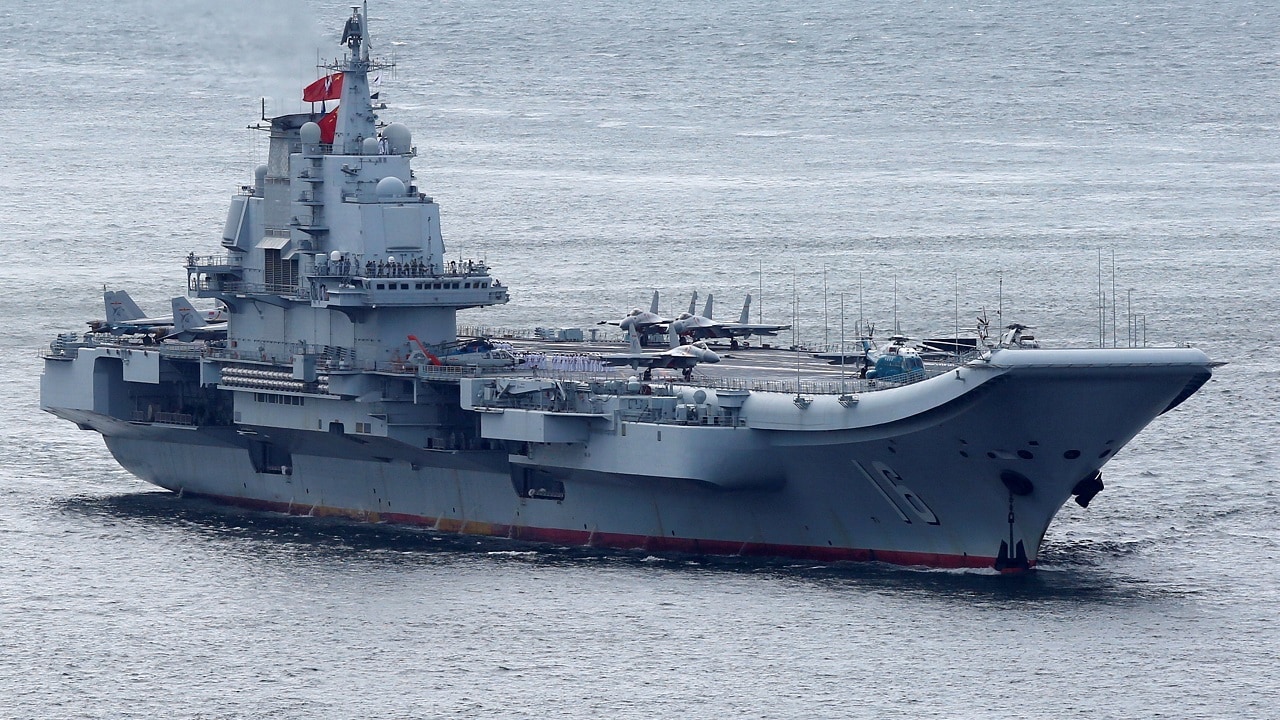In early June, a bipartisan group of senators introduced S.1791, the China Defense Spending Transparency Act. The bill would require the director of the Defense Intelligence Agency (DIA) to produce a public report to Congress on China’s actual defense budget.
How China Obfuscates
This is important because virtually no one believes the numbers Beijing publishes. In addition to simply refusing to publish realistic numbers, for decades Beijing has hidden its actual defense budget behind a shell game of separate authorities split among party, military, and state.
This diversification allows functions that one would reasonably expect to be captured in China’s defense budget to be counted instead as civilian, or as law enforcement, or as fisheries management in the South China Sea — the list goes on. The system can cause observers to overlook or undercount military research and development, testing, evaluation, and sustainment; operations and maintenance; procurement; and the national-defense inputs of China’s vast collection of state-owned enterprises.
The draft bill mandates broad methodologies to account for and overcome this hurdle. It also calls for excluding veterans benefits from the tabulation of comparative military costs. This would keep the uniquely high costs the United States pays to care for its retirees and veterans from artificially inflating the U.S. defense budget in its comparison to China’s.
Why is this important?
Media outlets as well as activist organizations on both sides of the political divide tend to lazily validate China’s incomplete numbers and present them at face value to make a political point. You often see this in one liners like “the U.S. spends more than the next nine nations combined” from the conservative Peter G. Peterson Foundation, or the left-wing Institute for Policy Studies’ declaration that the United States accounts for “39 percent of the world’s military spending.”
An official, publicly available baseline (supported by a classified annex for policymakers) is critical. Some members of Congress and talking heads will summarily disregard the report’s findings. That is their right. But I suspect the majority of members of both parties who have worked with the professionals at the DIA will understand why this report is necessary. Something like this should be an annual requirement.
Overcoming Criticisms, Domestic and Foreign
If the bill passes, it is easy to foresee the criticisms China and others will level at it.
First, the DIA is part of the Department of Defense (DOD), in addition to being part of the intelligence community. Critics will argue that the DIA, as the DOD’s intelligence analysis arm, will be encouraged to present an alarmist or at least inflated view of China’s defense spending in order to justify greater defense budgets. Critics will point to the now famous “missile gap” analyses of the Cold War and the intelligence community’s inflated assessments of Soviet military power.
That is a conversation worth having, and our elected leaders should have that chance. I got my start as an entry-level analyst at the DIA, working in the Northeast Asia section. I have faith in the DIA’s methodologies and the professionalism of its people.
Fortunately, the DIA already has a strong option to mitigate the predictable criticism. The intelligence community maintains a roster of cleared academic experts to provide comment on products such as National Intelligence Estimates and Intelligence Community Assessments. Requesting their commentary on the DIA’s methodology and conclusions, particularly in the public report, would help build trust.
Second, the bill requires the DIA to analyze China’s defense budget in comparison to the U.S. defense budget. On its face, this makes sense. However, U.S. intelligence agencies do not generally look inwardly at the U.S. homeland. The only ones that do have a law enforcement nexus such as the FBI or Department of the Treasury’s Office of Intelligence and Analysis. Within the DOD, the Office of Net Assessment is chartered to compare adversary capabilities to our own.
Third, reporting on the opaque defense spending of a closed society like China, North Korea, or Russia is as much art as it is science. Assessments must be based on a series of well thought out, articulated, and weighed variables. Reasonable people could disagree on whether a particular cost is a legitimate defense outlay, versus a national security or foreign policy expenditure. As long as the definitions are applied plainly and evenly, this should not be a major analytic issue.
Highlighting Transparency
I imagine that part of the reason that the bill requires the report on the PRC’s defense budget to be compared to the United States is to brightly highlight U.S. transparency. I imagine the authors hope that this will send a strong signal and strengthen the analysis’ underlying methodology by pointing to the United States’ comparatively upfront defense spending picture.
Personally, I look forward to China’s trademark indignant reaction. In the past, when the DIA has published the congressionally mandated Reports to Congress on Military and Security Developments involving the People’s Republic of China, Beijing has responded by releasing its own “reports” on U.S. military spending and its purportedly scientific proofs that the United States is responsible for driving tensions in Asia.
The Senate bill currently has no House counterpart, but I hope it earns a companion bill in the lower chamber. There is always the chance the bill could get rolled into the Intelligence Authorization Act, which would also make sense. Regardless of form, this is an important bipartisan bill meant to establish an official baseline for how we understand the transformative Indo-Pacific theater. I have already contacted my own representative and urged her to sponsor the legislation in the House of Representatives.
Now a 19FortyFive Contributing Editor, Anthony W. Holmes was special advisor to the Assistant Secretary of Defense for Indo-Pacific Security Affairs in the Office of the Secretary of Defense from 2017-2021. He is a senior non-resident fellow at the Project 2049 Institute. He lives in Florida. You can connect with him on LinkedIn.
From 19FortyFive
A Russian Submarine Accidently ‘Destroyed Itself’
Total Massacre’: Ukraine Footage Shows Russian Cruise Missile Shipment Attacked

